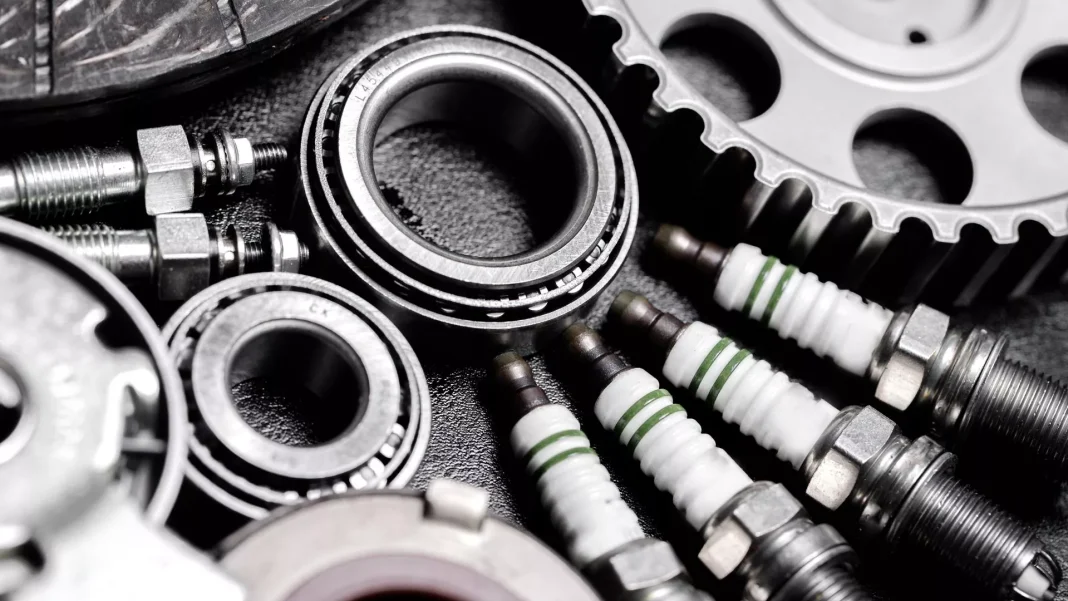April 04, 2025
Euronews interviewed Benjamin Krieger, Secretary General of the European Association of Automotive Suppliers (CLEPA), to discuss the potential impact of Trump’s auto parts tariffs on the global car industry.
On Thursday, U.S. President Donald Trump implemented a 25% tariff on foreign-made cars imported into the U.S., with an additional 25% tariff on imported auto parts set to take effect on May 3. These tariffs pose a significant challenge to the global automotive sector, threatening investment, jobs, and potential plant closures.
Krieger emphasized that these tariffs could drastically increase production costs for auto supply companies. Given the industry’s highly globalized nature—where European auto suppliers often operate manufacturing facilities across the U.S., Europe, Canada, Mexico, and Asia—these tariffs may disrupt supply chains and hinder future investments. CLEPA continues to bridge the gap between European policymakers and the automotive supply industry, advocating for solutions to mitigate these trade barriers.
“Sometimes, components cross multiple borders. Introducing a tariff between the vehicle’s manufacturing location and its input sources raises costs, often forcing automotive suppliers to absorb the impact,” he explained.
These rising costs could also significantly affect industry investments and potentially lead to job losses.
“Increased production costs will inevitably influence investment decisions in the industry, ultimately affecting manufacturing plants and employment. Given our already narrow profit margins, this additional financial strain could result in factory closures and job cuts,” Krieger cautioned.
The automotive supply industry now faces tough choices.
“For suppliers, we either have to relocate production and potentially abandon years of investments, absorb the added costs, or risk losing market share. From our perspective, there’s no ideal solution,” Krieger explained.
According to Krieger, these tariffs also put the industry’s hard-earned success at risk.
“There’s a real danger that we could lose what we’ve spent decades building,” he warned.
When asked how the EU should respond to the new tariffs, Krieger emphasized the need for strategic clarity and unity.
“We need to better understand the path forward — what tariffs will be applied, what they mean for our trade relationships. Only then can we properly assess the scope of the issue and its impact across different European countries,” he said.
Krieger also stressed the importance of strengthening the competitiveness of the European auto supply industry — not just in trade, but also in areas like manufacturing, employment, and innovation.
Countries like Germany, with strong automotive sectors, are likely to feel the brunt of the tariffs more than others and may be forced to explore alternative markets.
“I hope for a measured response from the European Union — one that reflects unity, seeks dialogue with the US, but also takes our strategic independence seriously,” Krieger concluded.
(Source)
